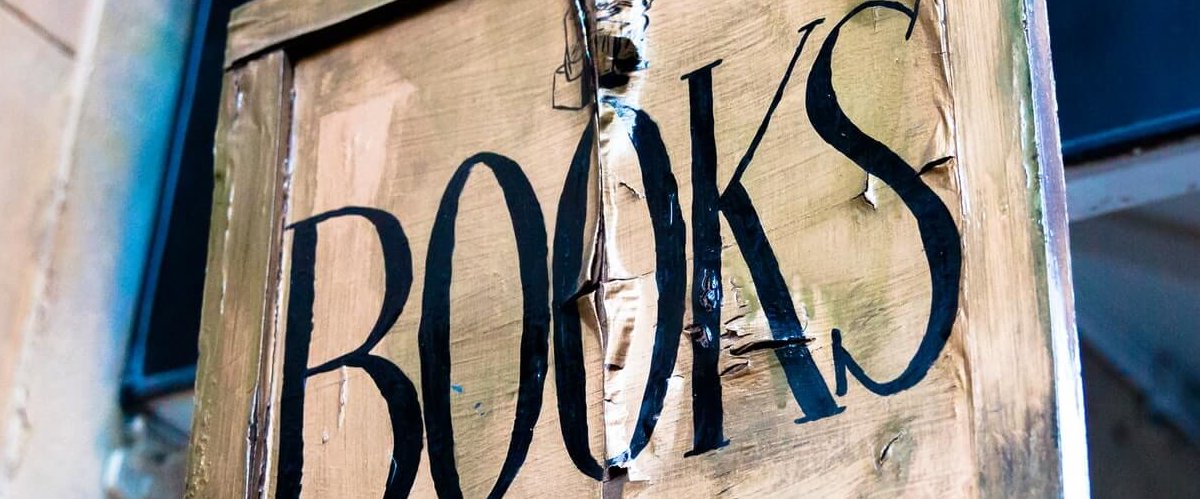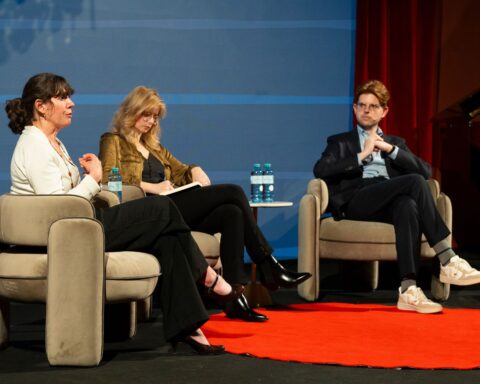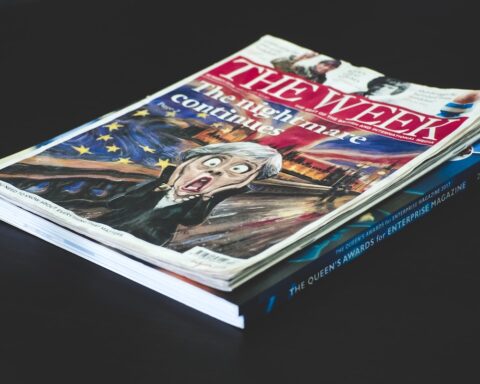The World Book and Copyright Day is celebrated every year on April 23rd. Its main focus is to promote reading and publishing, as well as protecting intellectual property
At first, it was only celebrated in Spain, where publishers decided to commemorate one of the most prominent Spanish authors, Miguel de Cervantes, who died on this day in 1616. Later on, UNESCO decided that this day should be celebrated all over the world. The 23rd of April coincides with births and deaths of a range of well-known authors, such as Vladimir Nabokov, Charles R. Johnson, Maurice Druon, Inca Garcilaso de la Vega, and William Shakespeare. So, in 1955 UNESCO established the World Book and Copyright Day in order to promote the publishing industry and give authors credit for their work.
What is Copyright?
The main idea of copyright is to protect intellectual property.
One of the main rights it gives to the owner of authorship is deciding who can distribute and make money from their works.
Not only books and songs can be protected by copyright, but also films, some databanks, scripts, buildings, computer software, pieces of furniture, and even theatrical performances and dances. In order to be covered by copyright law, the intellectual property should be an original piece of work differing from anything that’s already been created.
It is worth mentioning that copyright does not protect mere ideas. This means that the piece you want to protect should already be developed and exist in a visible manner. From the moment the work is created, it automatically stands under copyright protection. Contrary to popular belief, there is no registration process to go through, nor any fees to be paid to obtain the copyright. The most important thing is to at least have the plot of your story written down, as unpublished works are protected by copyright law too. So, when it comes to litigation cases, the owner of the intellectual property usually has a legal advantage. Upon condition, that this work was written down, and was not just an idea.
Only natural persons can enjoy copyright, but not corporate bodies. It also cannot be transferred to other people. The owner of the intellectual property can give away the right to multiply and distribute their work to a publishing house or a music label, for instance. These rights are still not equal to owning the authorship. However, relatives of the creator can inherit the authorship. This means that the legal successor will have the same rights as the original creator to distribute and make money from the piece of work. If the creator has no relatives, the term of copyright protection will expire 70 years after the death of the last owner of authorship. After this, the creation becomes part of the public domain. In other words, the creation becomes open to the public and can be used by anyone. This is why we can use Mozart’s music without being banned by YouTube, for example.
Challenges of copyright
Even though pieces of work are protected by copyright law automatically, there are still some challenges.
First, describing what a peculiar creation actually is may be difficult, since there are no clear boundaries or terms. This can lead to some difficulties. Despite the fact that all intellectual creations are protected by copyright law per se, it is not always clear whether a creation can actually be considered intellectual property or not.
In order to be considered as such, a piece of work should stand out from the common. However, it is not always distinguishable, where the ‘common’ ends and the ‘creative’ starts. So, in a lot of cases, the court decides whether a creation is actually a piece of art, as well as how it can be distributed.
That’s why legal proceedings in the copyright field can be interesting and even unique. For instance, in summer 2016, a work by Arthur Köpcke was exhibited in the Neues Museum in Nuremberg. Its value was approximately € 80,000.00. It was a collage that consisted, among other things, of an unfilled crossword puzzle. At the top of the picture was the note “Insert words”. One day, a 90-year-old museum visitor filled in part of the crossword puzzle with a ballpoint pen. Logically, the museum filed a complaint for property damage. The writing was removed, but it cost a few hundred euros.
Eventually, the lawyers of the visitor argued that Arthur Köpcke wanted people to complete the crossword puzzle, and by completing the crossword, the old lady actually contributed to the artwork. Therefore, according to the lawyers, the workers of the museum ‘demolished’ the piece of art by cleaning it.
However, the main problem which authors face with copyright is the illegal distribution of their works, which happens quite often. Nowadays, it is very easy to share something on the Internet, but we rarely ask ourselves where the piece of information or art comes from.
How can we contribute?
Well, the most obvious option is to read, but since you are on TEDxVienna’s blog, you probably enjoy reading. As we all know, reading is not only entertaining, but also has a lot of advantages. For instance, it expands our vocabulary and helps our brains to function better. So, buy books and enjoy them.
Secondly, you can help those who do not have access to books. There are a lot of charity organizations and reading initiatives that you can contribute to, for example:
BookAid (providing those in need with books, supporting young readers and education)
ReadForGood (encouraging and enabling children to develop a love for reading)
Leseinitiative (party-independent reading network with social commitment, who publishes and distributes children’s and youth media, as well as is a service center for reading promotion and education)
Wir Lesen (supporting projects that encourage reading among youth)
Also, support the local scene. Here are some ways to do it.
Check out the Österreichische Gesellschaft für Literatur. They host a lot of interesting reading sessions with authors. They even have some online events during quarantine, called Corona Lesungen.
If you like poetry, you can also visit poetry evenings and support young talents. There are a lot of them taking place regularly. So you can look for the ones you like. Elif Duygu, who had an amazing poetry slam performance at the 2019 TEDxVienna event AboutTime, performs on such evenings.
TEDxVienna also contributes to the spread of written artwork. For instance, check out the beautiful poem “Astronauts”, written by our blogger Valentina Bonilla Urrego. Also, one of our organizers, Alina Nikolaou, does not only write poetry herself but has even created the Poetry Society Vienna. Tune into the local scene of poetry by visiting the Digital Poetry Days, which they host during the coronavirus outbreak.
Small and local authors need our support right now just as much as small businesses do. We are fortunate enough to have access to a lot of knowledge, information, and art. That’s why we have a moral obligation to cherish those who provide us with them. Therefore, read, appraise authors, and share their pieces. But share legally and don’t forget to always mention the author of the work. Spend this day reading something nice, appreciating books, and maybe even writing a couple of words to a (fellow) writer.
header image credits: César Viteri via unsplash





